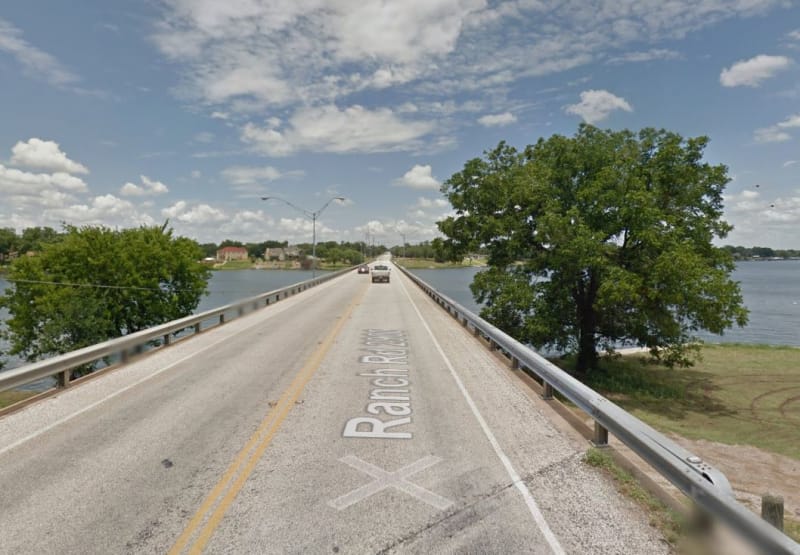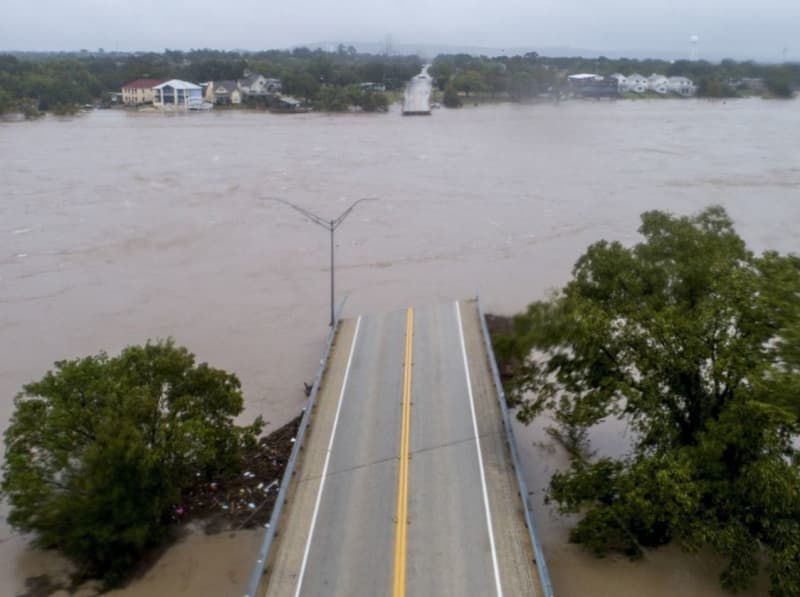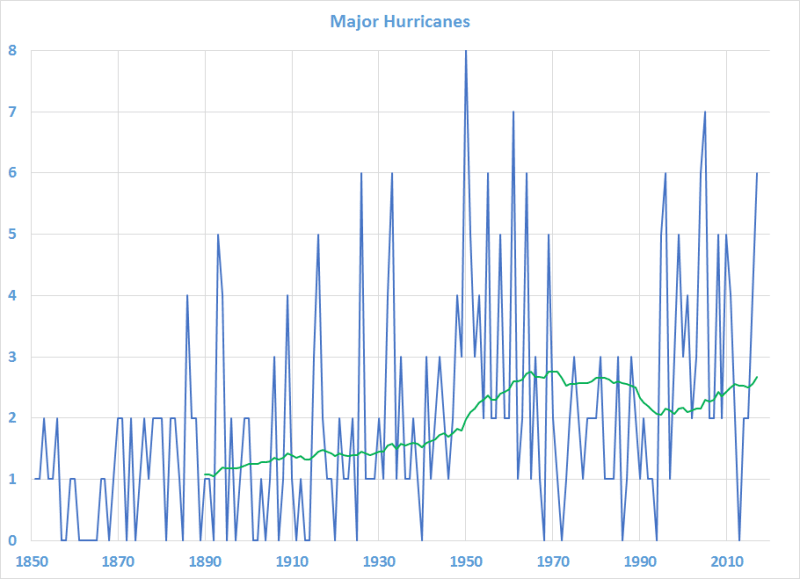-
2
- #1
JAE
Structural
- Jun 27, 2000
- 15,567
Video of the collapse due to high river:
Before:

After:

Check out Eng-Tips Forum's Policies here:
faq731-376
Before:

After:

Check out Eng-Tips Forum's Policies here:
faq731-376

